An Unlikely Ambassador: Todd Shea Finds Purpose after 9/11
I was staying at a hotel in Queens, and woke up to a phone call from my manager Al Sirowitz. His call was expected; we were going to be working at a recording studio that day. I felt great and was eager to get to work on my music. Instead of his normal upbeat personality, Al seemed subdued. He told me to turn on the TV.I did, just as the second jet slammed into the south tower. I ran into the hallway – and watched the twin towers burn from the hotel window.NYCstories.comBy September 2001, Todd Shea’s music career was finally taking off. After playing in bands and on his own in nightclubs and restaurants around the country, he had moved to New York City in 1998, formed his own band and had a record deal. He even had a gig booked at the famous CBGB’s Gallery in Manhattan, on Sept. 12.“But in an instant, happiness and anticipation was replaced by anguish and dread,” Shea writes in an online journal of 9/11 stories.Shea’s first impulse was to do something to help. He rushed to his friend Dan Panitz’s office not far from Shea’s hotel. From the rooftop of Panitz’s building, Shea saw the second tower fall. Panitz, a songwriter, was also CEO of a substance-abuse counseling organization. They set up a temporary morgue and counseling services, and Shea spent the day driving counselors and families of firefighters to hospitals and staging areas.The next day Shea was at Ground Zero. “I didn’t want to go,” he says. “I just felt I had to.” He began working with a disaster-relief center at Chelsea Piers. With clearance secured for his band’s van, he packed it with Gatorade, water and fruit, and spent the next few days delivering drinks and food to firefighters and police officers throughout lower Manhattan. Shea set up a makeshift dispensary on a street corner to distribute dust masks and medicines donated by area pharmacies and stores.Sept. 11, 2001 marked a turning point for Shea. He discovered that he had a knack for working effectively in high-stress crisis situations.
“I don’t have any business going into collapsed or burning buildings,” Shea says. “I don’t know how to save lives. I can’t even treat a hangnail. But what I do know is how to make arrangements and get supplies to people so they can focus on saving lives.”
A former crack-addict, Shea became addicted to a new kind of high: disaster relief. In the past 10 years, he has found himself at ground zero of the world’s worst natural disasters – the Asian tsunami in 2004, Hurricane Katrina and the Kashmir earthquake in 2005, the earthquake in Haiti and the Pakistan floods in 2010, and the earthquake and tsunami in Japan in 2011.Shea has also become an unlikely ambassador for Pakistan-U.S. relations. Before 9/11, he had never met a Muslim and knew nothing about Pakistan or Islam. “I was totally ignorant, didn’t know about the hatred out there. My life was about drugs and music,” Shea says. “It’s hard to care if you just don’t know.”Now he lives and works in Chikar, a mountainside village in Pakistan-administered Kashmir, and is the founder and executive director of Comprehensive Disaster Response Services (CDRS), which provides primary healthcare to 200,000 Kashmiris, as well as other Pakistanis affected by disaster, who would otherwise have limited access to healthcare. CDRS employs more than 80 people across its nine medical centers, and has treated nearly 500,000 patients since 2006.“Before going to Pakistan, I remember people would tell me you’re nuts for going over there; you’re going into the belly of the beast,” Shea says. “The people I met in Pakistan were good, decent human beings, who happened to be Muslim.” He adds, “If every American could spend one week in Pakistan, ... Continue Reading
An Unlikely Ambassador.pdf

